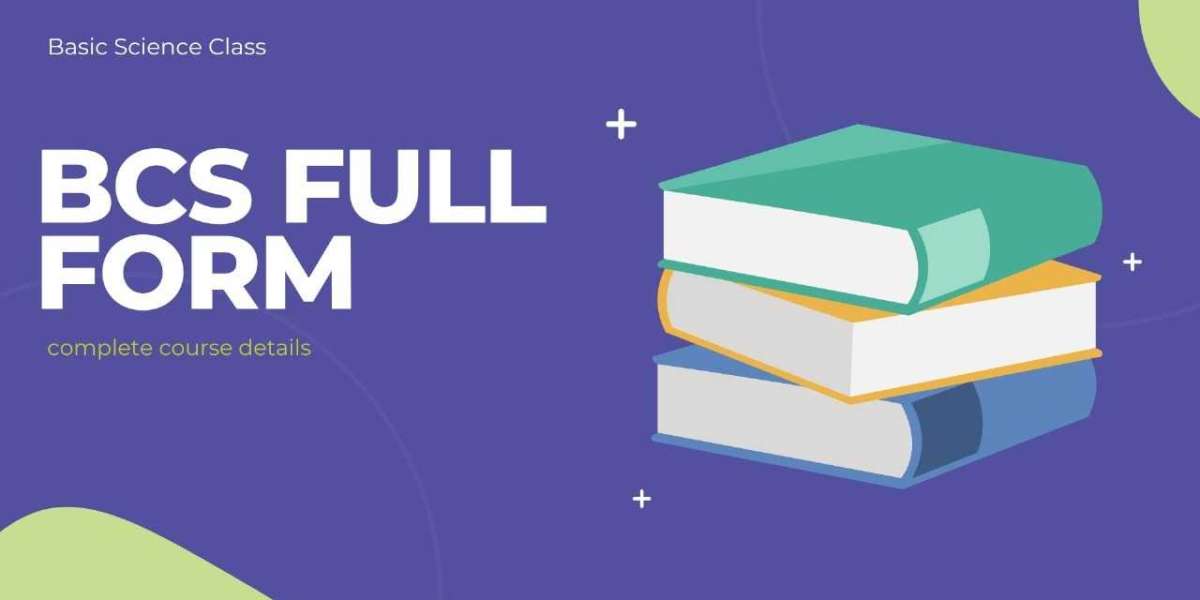Open source development has transformed the tech industry, offering developers the opportunity to collaborate globally on innovative projects. For Bachelor of Computer Science (BCS) students, contributing to open source is an excellent way to gain practical experience, enhance technical skills, and expand professional networks. This guide provides actionable insights on how BCS students can effectively contribute to open source projects and make a meaningful impact.
Introduction: Why Open Source is Vital for BCS Students
The BCS full form, Bachelor of Computer Science, represents a degree focused on computer systems, programming, and software development. While classroom education builds a foundation, open source participation allows students to work on real-world projects, interact with global teams, and develop industry-relevant skills.
Step 1: Understand Open Source Development
What is Open Source?
Open source software is publicly accessible, allowing anyone to view, modify, and distribute its source code. Popular examples include Linux, Mozilla Firefox, and Python.
Benefits for BCS Students
- Hands-On Experience: Work on large-scale projects.
- Networking Opportunities: Connect with industry experts.
- Portfolio Building: Showcase contributions to potential employers.
Step 2: Identify Suitable Open Source Projects
Not all open source projects are beginner-friendly. Focus on projects that align with your interests and skill level.
1. Beginner-Friendly Platforms
- GitHub: Explore repositories labeled "good first issue."
- GitLab: Search for projects with mentorship opportunities.
- Open Source Communities: Join platforms like Mozilla, Apache, or FreeCodeCamp.
2. Match Your Interests
If you enjoy web development, contribute to front-end frameworks like React. For AI enthusiasts, explore TensorFlow or PyTorch.
Step 3: Learn the Tools and Platforms
Familiarize yourself with essential tools for open source contribution:
1. Version Control Systems
- Git: Learn commands like
clone,commit,push, andpull.
2. Platforms
- GitHub and GitLab: Create an account and explore repositories.
- Slack or Discord: Many projects use these for communication.
3. Programming Skills
Enhance your expertise in languages commonly used in open source projects like Python, JavaScript, or C++.
Step 4: Start Small
1. Fix Bugs
Begin by addressing minor bugs or issues. Look for labels like "beginner" or "good first issue."
2. Update Documentation
Improving documentation is an accessible way to contribute while understanding the project's structure.
3. Review Code
Participate in code reviews to learn from experienced developers.
Step 5: Engage with the Community
1. Join Forums and Mailing Lists
Stay updated on the project’s progress and interact with other contributors.
2. Communicate Effectively
Ask questions, seek clarification, and suggest ideas respectfully.
3. Attend Events
Participate in hackathons, webinars, and meetups to connect with contributors.
Step 6: Make Meaningful Contributions
1. Understand the Project
Read the README file and contribution guidelines.
2. Follow Best Practices
- Write clean and documented code.
- Test your code thoroughly before submission.
3. Submit Pull Requests
Ensure your pull requests are clear and follow the project's coding standards.
FAQs
1. What is the BCS full form?
The BCS full form is Bachelor of Computer Science, an undergraduate program focusing on computational theories and software development.
2. How can open source benefit BCS students?
Open source projects provide practical experience, enhance technical skills, and improve employability by showcasing contributions.
3. Are there any prerequisites for contributing to open source?
Basic programming knowledge, familiarity with Git, and a proactive attitude are essential to start.
4. Which open source projects are best for beginners?
Projects on GitHub with labels like "good first issue" or platforms like Mozilla and FreeCodeCamp are beginner-friendly.
Step 7: Overcome Common Challenges
1. Imposter Syndrome
It’s normal to feel unqualified initially. Start with small contributions and gradually tackle bigger tasks.
2. Time Management
Balance contributions with your academic workload by dedicating specific hours weekly.
3. Learning Curve
Don’t hesitate to ask for help or use online tutorials to improve your skills.
Step 8: Showcase Your Contributions
1. Build a Portfolio
Highlight your contributions on GitHub or a personal website.
2. Add to Your Resume
List open source projects under "Projects" or "Experience."
3. Share on LinkedIn
Discuss your learnings and contributions to attract professional connections.
Conclusion
For BCS students, contributing to open source is more than a resume booster—it’s a gateway to professional growth and community building. By selecting the right projects, mastering essential tools, and engaging effectively with communities, you can leave a lasting impact while refining your skills. Start your open source journey today and unlock endless opportunities in the tech world.








